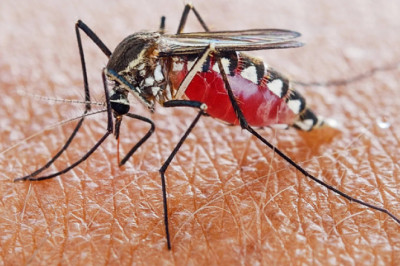views

The review looked at 54 studies and nearly 3,500 participants to examine the effectiveness of nondrug interventions for premature ejaculation.
“We know premature ejaculation is a common complaint among men worldwide. The lack of a clear definition of what is or isn’t premature ejaculation has repercussions in terms of treatment, and there are relatively few effective drugs available,” said senior author Lee Smith, PhD, professor of public health at Anglia Ruskin University in Cambridge, England, in a press release.
The findings of this review suggest that physical exercise, including running and pelvic floor workouts, can help treat premature ejaculation, said Dr. Smith.
How Common Is Premature Ejaculation?
Because there hasn’t been a single definition of premature ejaculation, estimates on how many men experience it vary widely, according to the U.K. researchers. Depending on the study, prevalence ranges from 30 percent to 83 percent of men, they wrote.
Mayo Clinic defines premature ejaculation as a man ejaculating sooner than he wants to while having sex. If it happens only rarely, it isn’t cause for concern.
A man might be diagnosed with premature ejaculation in the following scenarios:
- Always or nearly always ejaculates within 1 to 3 minutes of penetration
- Is never or rarely able to delay ejaculation during sex
- Feels distressed and frustrated about timing of ejaculation and tends to avoid sexual intimacy as a result

Concerned About Premature Ejaculation? Talk With Your Physician
It’s also important for patients to understand that many men may be concerned about premature ejaculation, and there’s no shame in talking about it with their doctor, says Bole.
“Many times, patients will talk to us and realize that they’re very much within normal range for ejaculatory latency. They just didn’t know what ‘normal’ was,” says Bole. “But if we do diagnose an issue, we can work together to come up with a solution.”















Comments
0 comment